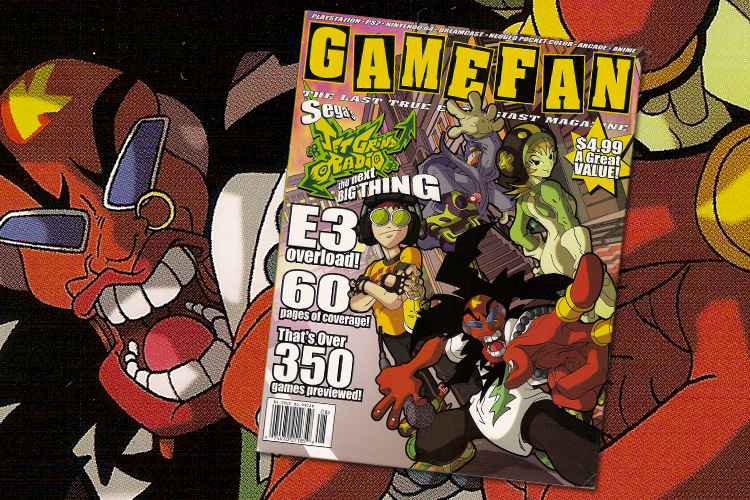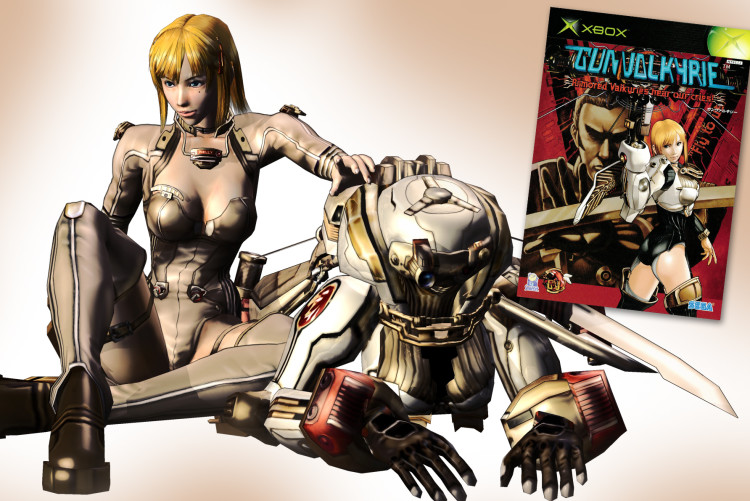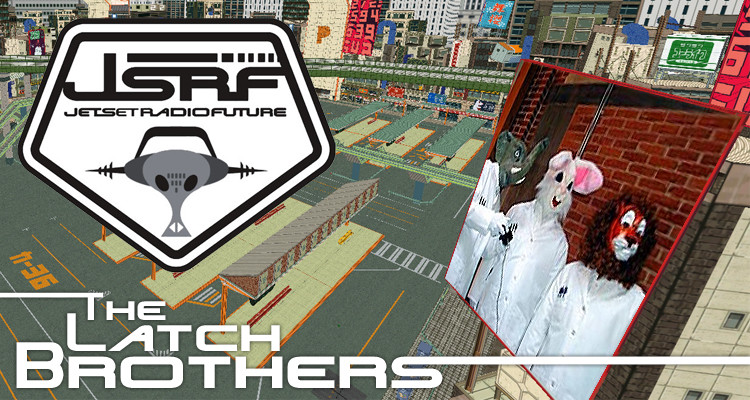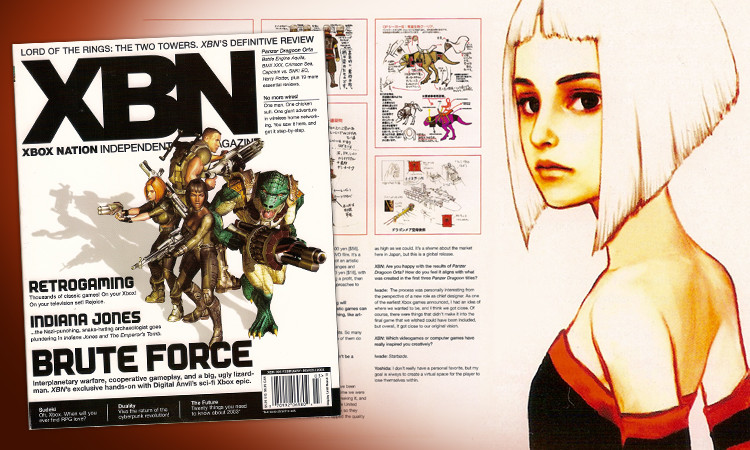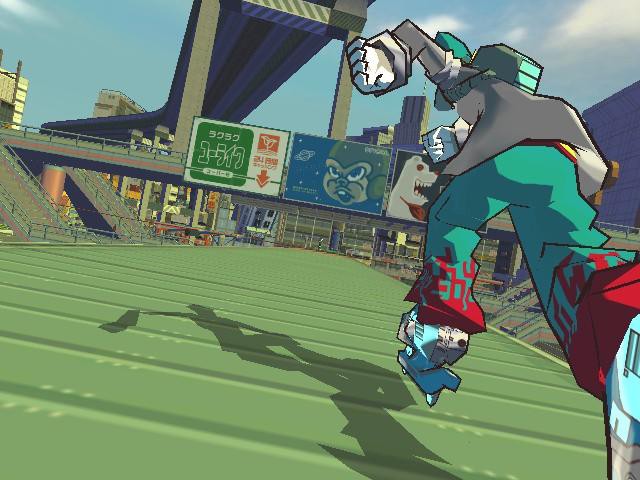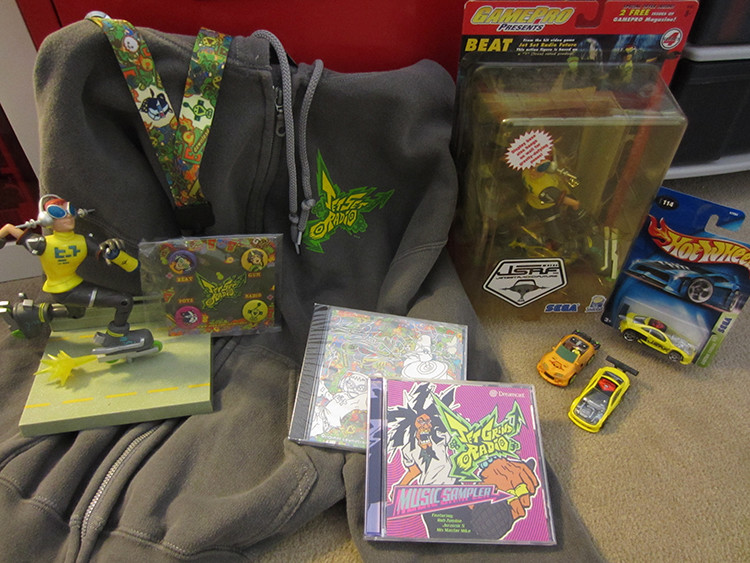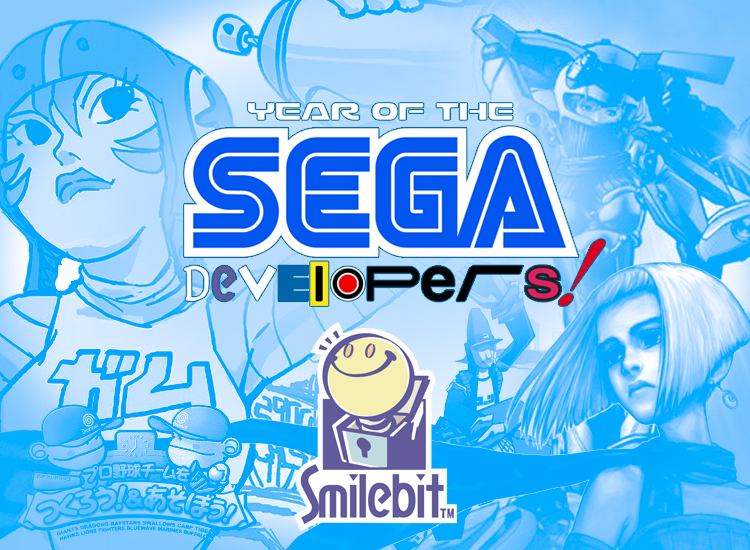SEGA Retrospective: The Music of JSRF – Singing a Tune that’s both Unique and Familiar
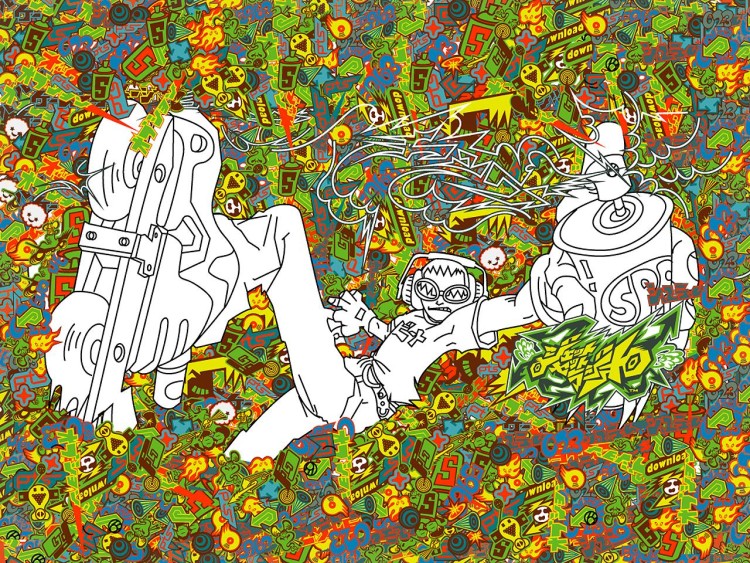
Jet Set Radio and Jet Set Radio Future were two incredibly different games, each with a style all its own.
Considered by some to be a sequel and by others to be a reboot of the original, Jet Set Radio Future set itself apart from its Dreamcast predecessor in a variety of ways, one of which being its incredible soundtrack.
In celebration of Smilebit month, I sat down and listened to the Jet Set Radio Future soundtrack in its entirety, taking it all in and really trying to gauge why it seems both so alike, and yet so different, from the tunes that made up the music of its predecessor.

